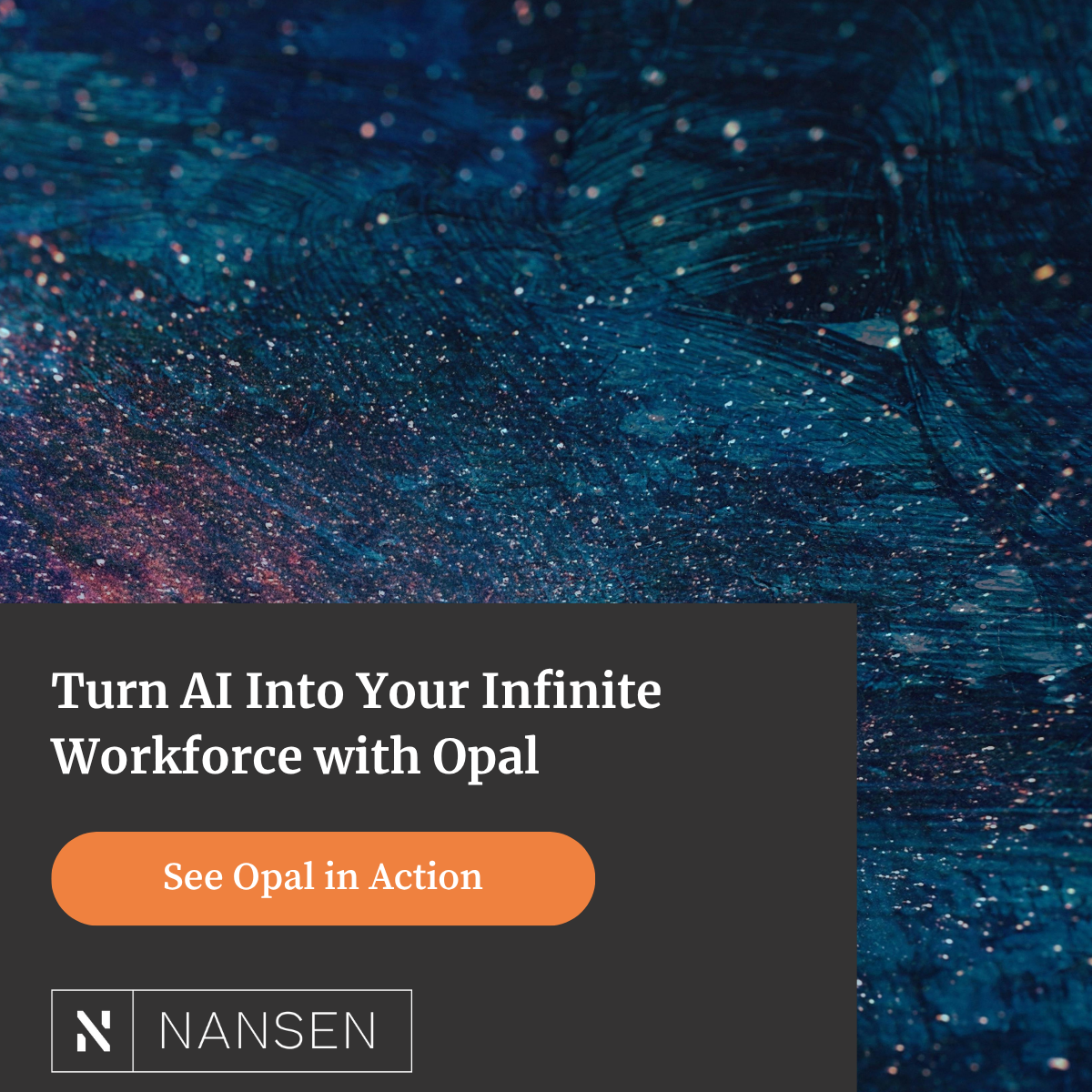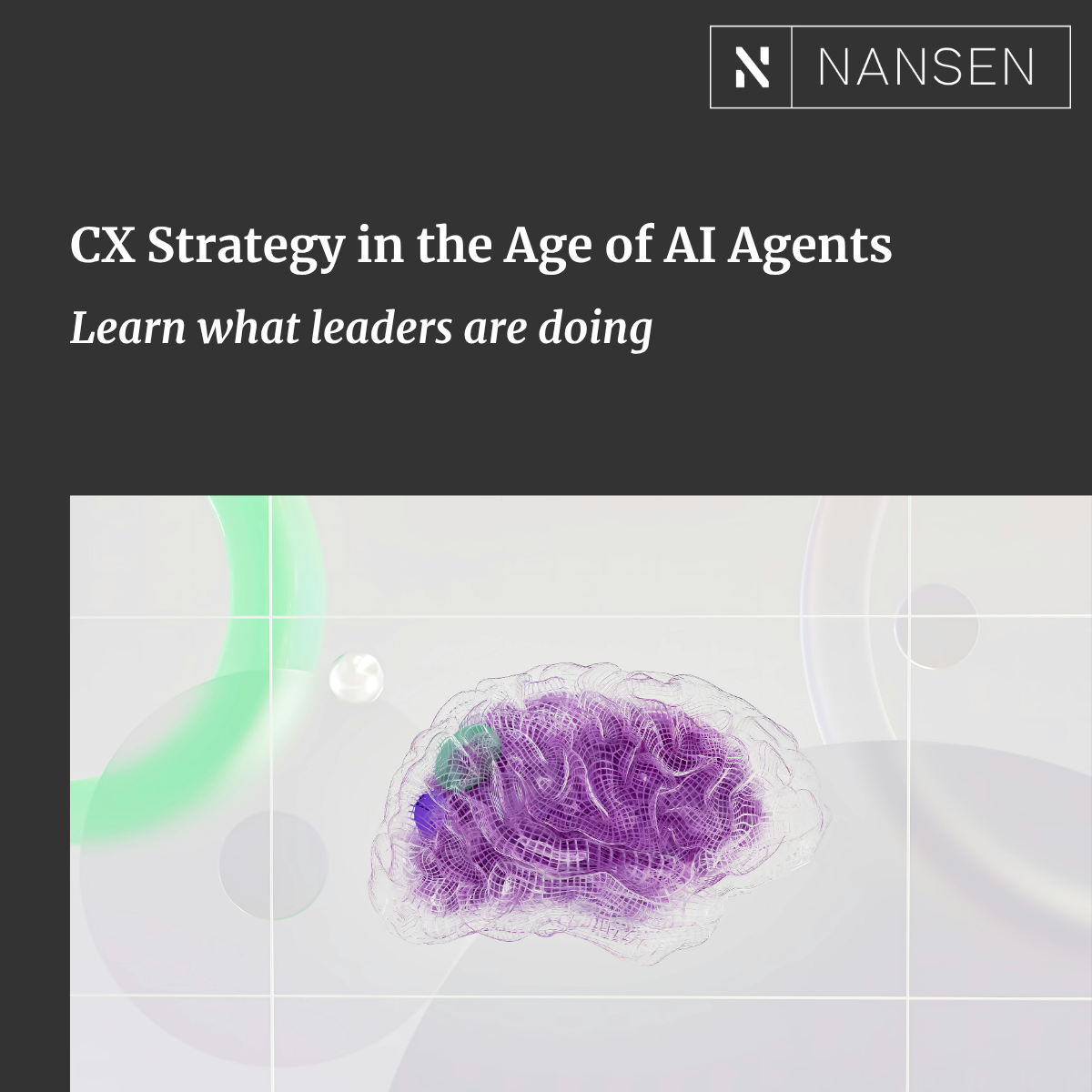I recently came across this quote from Simon Sinek, author of “Start With Why: How Great Leaders Inspire Everyone to Take Action”:
All great leaders are optimists. To inspire necessarily requires a positive outlook.Simon Sinek
And it got me thinking. How difficult must it be for so many business leaders to remain optimistic right now? How can you maintain a positive outlook, when for many, the future feels uncertain and for others even bleak? Do these “great leaders” exist even in times of crisis?
Turn on the news or scroll your Twitter feed and it’s obvious they do - and they’re teaching us all a lesson in brand-building. From CEOs giving up 100% of their salaries to converting manufacturing operations to produce PPE instead of product, leaders all over the world are stepping up to soften the impact of the coronavirus on the greater good and their businesses. How can we adopt their strategy, creativity, and optimism to do the same?
Here’s their playbook:
Prioritize people over profit
The 2020 Edelman Trust Barometer survey of 1,000 people in 12 countries, including the United States, China, and U.K., found that 90% of people surveyed want brands to protect their employees at all costs amidst the current coronavirus crisis.
Similarly, 71% of survey respondents said brands and companies seen placing profits before people during the crisis will lose their trust forever.
Richard Edelman, Edelman CEO, said in a statement, “Brands that act in the interest of their employees, stakeholders, and society at large will reinforce their expertise leadership and trust and immeasurably strengthen the bond they have with consumers.”
Many business leaders are already acting in accordance with this advice as brands including Louis Vuitton and New Balance have quickly transformed their plants to create and donate protective masks for healthcare workers. Meanwhile, Bob Iger of Disney and Ed Bastian of Delta Airlines among other CEOs have forfeited their entire salaries to minimize layoffs amidst reduced flight capacities, theme park closures, etc. And hotels in Chicago that have closed their doors due to the pandemic, are now providing extra beds for those testing positive for COVID-19 to self-isolate.
How can you temporarily adjust your own business practices to better protect and support your employees or contribute - directly or indirectly - to the global effort to beat the coronavirus?
Embrace agility
The Association of National Advertisers recently surveyed 200 of its members and found that 92% had updated their brand messaging since mid-March due to COVID-19. Nearly half of those members reported “substantial” changes.
Brands including Ford, The Hershey Company, and Popeyes have been forced to come to terms with the fact that marketing and ad campaigns they’d been working on for months or weeks would no longer be relevant, or worse, would be seen as insensitive given the current climate. In mere days, each piece of content had to be analyzed, messaging reassessed, and in some cases, campaigns completely rebuilt. They scrambled but pulled it off. And when the situation across the US worsened, they did it all over again. Only this time, much of the collaboration had to be done from home.
According to Bill Duggan, ANA’s group EVP and author of the survey, “Even in the most dire of environments, brands are figuring out how to get things done. Marketers are agile.”
Many of these brands were able to improve time to market and save money by bringing agency work in-house. Others leveraged new technology to increase efficiency and collaboration among widespread marketing teams. What can you do now to enable your marketers to be more agile and flexible so they can continue to serve customers relevant and engaging content despite current circumstances?
Be human
In times of crisis, empathy is perhaps the greatest tool in a leader’s arsenal. Leaders all over the world are demonstrating empathy and compassion, and by default, humanizing their brands.
As many workers struggle to make ends meet amidst massive layoffs or attempt to work from home while educating kids and caring for young or elderly family members, many brands are stepping up. Comcast, for example, is offering free broadband to low-income households and increasing speeds. With many K-12 schools closed for the foreseeable future, Zoom has offered schools its video conferencing tools for free, with no time limits for video chats. And grocery stores including Safeway, Whole Foods and Costco have implemented senior hours to allow elderly shoppers, the most vulnerable generation right now, to buy their groceries without fear of crowds.
Don’t look to capitalize on the crisis. If you’re a media company, how can you inform, educate and entertain audiences trapped in their homes? If you’re a technology company, how can you help people stay connected, inspired and creative? If you’re a grocery or CPG company, how can you help those communities hit hardest by COVID-19 keep their families fed and healthy?
At the end of the day, we’re all in this together. Yes, many businesses are suffering, but if you prioritize doing the right thing in this time of crisis, your brand will fare far better in the long term (and so will your conscience).
What brands or CEOs have you seen rise to today’s socio-economic challenges? What qualities do you believe make an exceptional business leader? Let us know on Twitter and/or Linkedin through the links below.















